Sarah Ferguson is ‘fearless and forensic’ – but only when it suits
It was a tale of two contrasting interviews when the ABC 7.30 host quizzed Richard Marles and Jacinda Ardern.
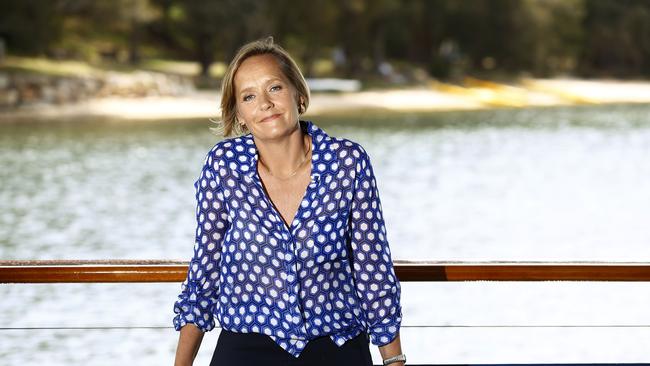
Long-time ABC journalist Sarah Ferguson has taken over from Leigh Sales as presenter of the taxpayer-funded public broadcaster’s 7.30 program. Currently she fronts an ABC promotion for her new role as follows: “7.30 is fearless and forensic, we tell truth to power. We’re a voice for all Australians telling your untold stories, asking the questions you want answered.”
The term “truth to power” in this context has become something of a tired cliche for activist journalists, of the self-indulgent kind. The fact is many journalists engage in what they regard as “fearless and forensic” only when it so pleases.
Take the recent appearances of Defence Minister Richard Marles (July 4) and New Zealand Prime Minister Jacinda Ardern (July 7) on 7.30, for example.
Ferguson gave Marles a tough interview on China, Taiwan, the US and submarines for the Australian navy. She interrupted frequently, leading Marles to say at one stage that he would provide the requested information if he could “just finish the answer”. Earlier, Ferguson had dismissed a comment made by Marles before declaring “but let’s move on”.
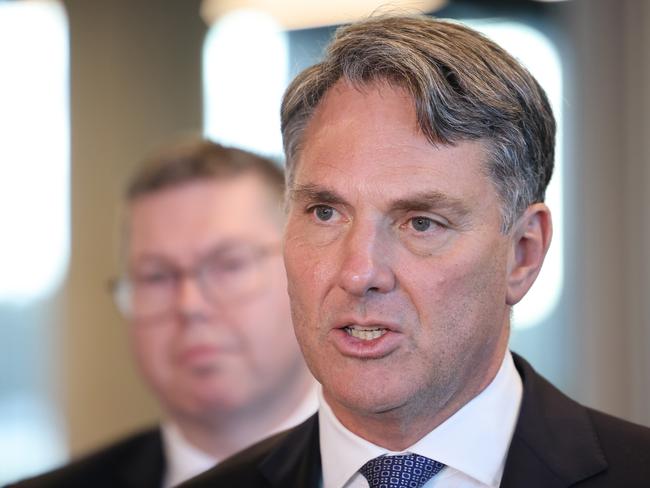
Interviewed by a friendly Peter FitzSimons in the Sun-Herald on July 10, Ferguson responded to the criticism that her Marles interview was too combative. She said: “Let me phrase this correctly because I don’t want to sound arrogant. I have many things to learn, so I’m interested in criticism. But I have to find the right level of combat myself.”
Come to think of it, the response does sound somewhat arrogant. In any event, there was no evident combat when Ferguson interviewed the New Zealand Prime Minister.
It began with the interviewer complimenting the interviewee for “quite a speech” she gave at Harvard University last May. And it concluded with Ferguson declaring that “the world” regarded Ardern as a “global celebrity”.
Ferguson did not query Ardern about the speech she delivered at the Lowy Institute, also on July 7. In this address, Ardern said New Zealand would not “pick sides” with respect to France, Japan, Britain, the US and China since “all have played a role in the Pacific for many, many years”.
She added: “These are democratic nations with their own sovereign right to determine their foreign policy engagements.”
It’s notable that Ardern regards China, which is controlled by the Chinese Communist Party, as “a democratic nation”. She went on to state that New Zealand was “country-neutral” with respect to the Pacific.
In her Lowy Institute speech Ardern said Australia was New Zealand’s “only formal ally”, which suggests that New Zealand no longer regards the US as an ally and has formally abrogated the 1951 ANZUS Treaty.
Asked by Ferguson about the possibility of China establishing a military presence in Solomon Islands, Ardern replied that New Zealand was “opposed to the militarisation of the region” and added that “we can take that position in a country-neutral way” – implying that New Zealand is just as opposed to a military build-up in the region by China as by the US.
Sure, New Zealand remains a member of the Five Eyes agreement – the arrangement established in the early 1940s whereby Australia, Britain, Canada, New Zealand and the US agreed to share intelligence crucial to international and national security. But some within this set-up regard it as consisting of “Four Eyes” since New Zealand makes such little input.
Ardern may be a “global celebrity” but the nation she leads makes a scant contribution to global security. Certainly, the opposition National Party, over recent years, has by no means been hawkish when it comes to security matters. But New Zealand’s quasi-neutrality began nearly four decades ago when Labour’s David Lange was prime minister and US nuclear-powered vessels were barred from entering New Zealand ports.
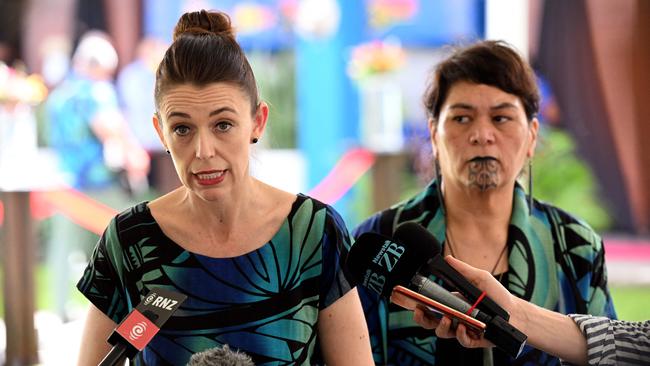
Australia spends about 2 per cent of national product as defence. An inadequate amount, but one that NATO regards as consistent with best practice for Western democracies. New Zealand spends just over 1 per cent. Ardern told Ferguson that her nation’s defence strategy was very much “Pacific focused”. But it is of little moment.
In a recent article in the Politik website, New Zealand commentator Richard Harman questioned the credibility of “New Zealand’s claim to have a viable defence presence in the Pacific in the event of any conflict”. He added that “present equipment is ageing and becoming more difficult to maintain while an acute shortage of personnel means that purchasing new capabilities is having to be deferred”.
The fact is that New Zealand’s security depends on the ability of the US and Australia to maintain sea lanes and air lanes – which make it possible for it to trade in goods and services and to allow for the free travel of its citizens and visitors. Ferguson did not put this hard point to the New Zealand Prime Minister.
Ardern told 7.30 that “one of the greatest security threats that we face … is climate change”. This is yet another example of talk prevailing over action. As of late last year, New Zealand was only behind Turkey among OECD nations for the greatest increase in net emissions since 1990. Ferguson did not query Ardern about this.
Ferguson did put it to Ardern that New Zealand’s economy was “really struggling” – but added “everyone’s economy is struggling”. She appeared to accept the Ardern’s assurance that unemployment and debt were low and there was good, solid gross domestic product growth.
Independent reports indicate that the economy is in a very difficult state because of the impact of harsh Covid-19 lockdowns (which affected tourism) and declining business confidence.
If Australian journalists such as Ferguson insist on bringing the “right level of combat” to interviews – and tell “truth to power” – it is reasonable to expect that Australian and New Zealand politicians are subjected to the same standard.
Gerard Henderson is executive director of the Sydney Institute. His Media Watch Dog blog can be found at theaustralian.com.au.


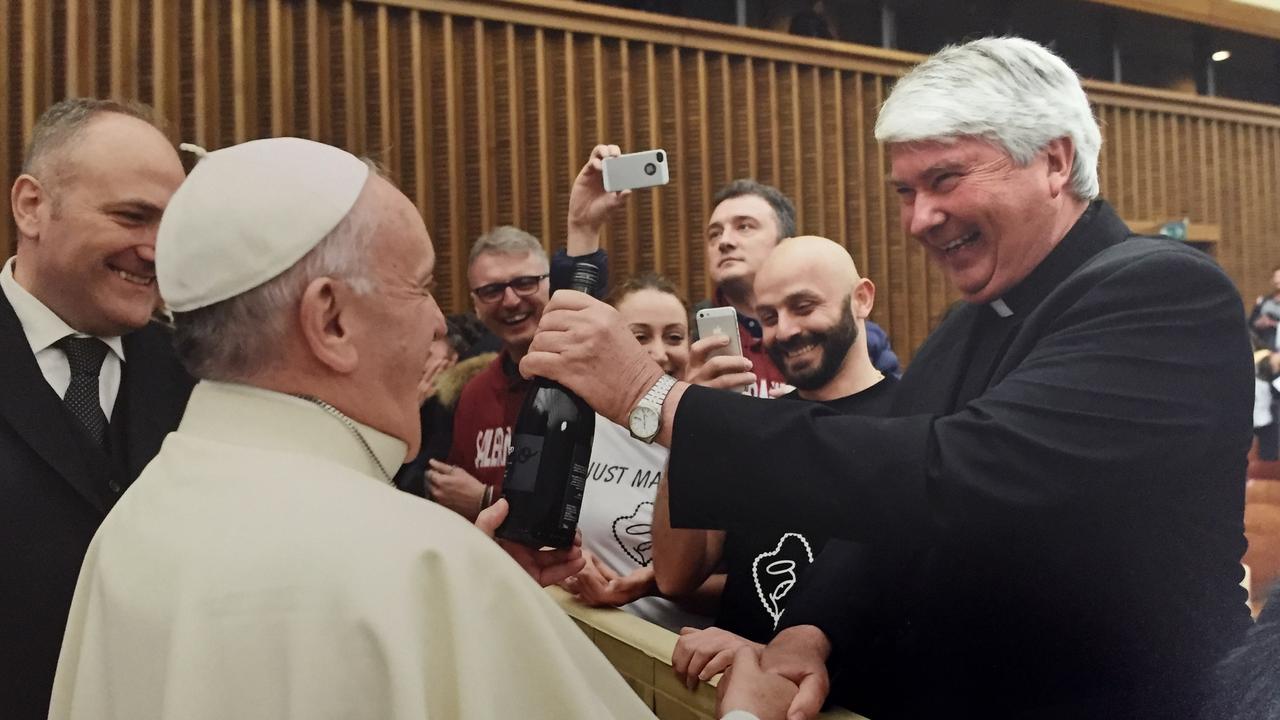
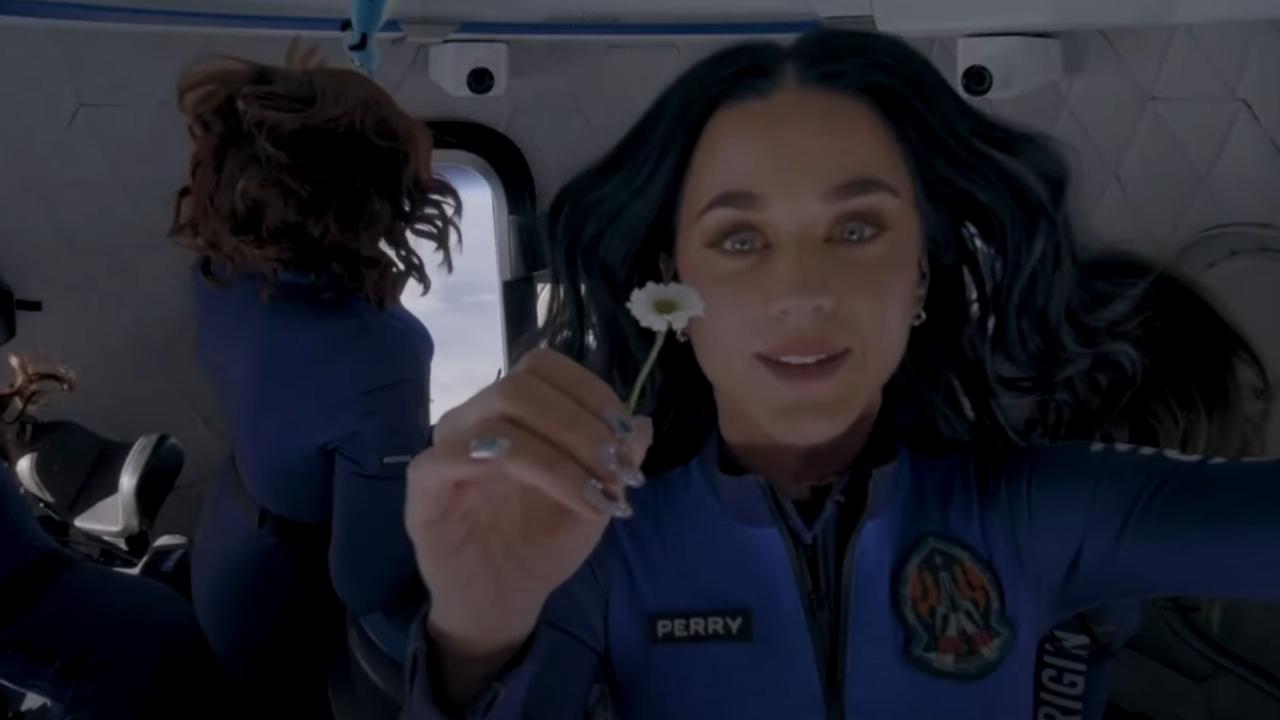
There was a time when many, if not most, journalists regarded it as their professional duty to report facts – in short, to tell the story. But this no longer applies to the increasing number of journalists who regard themselves as activists.